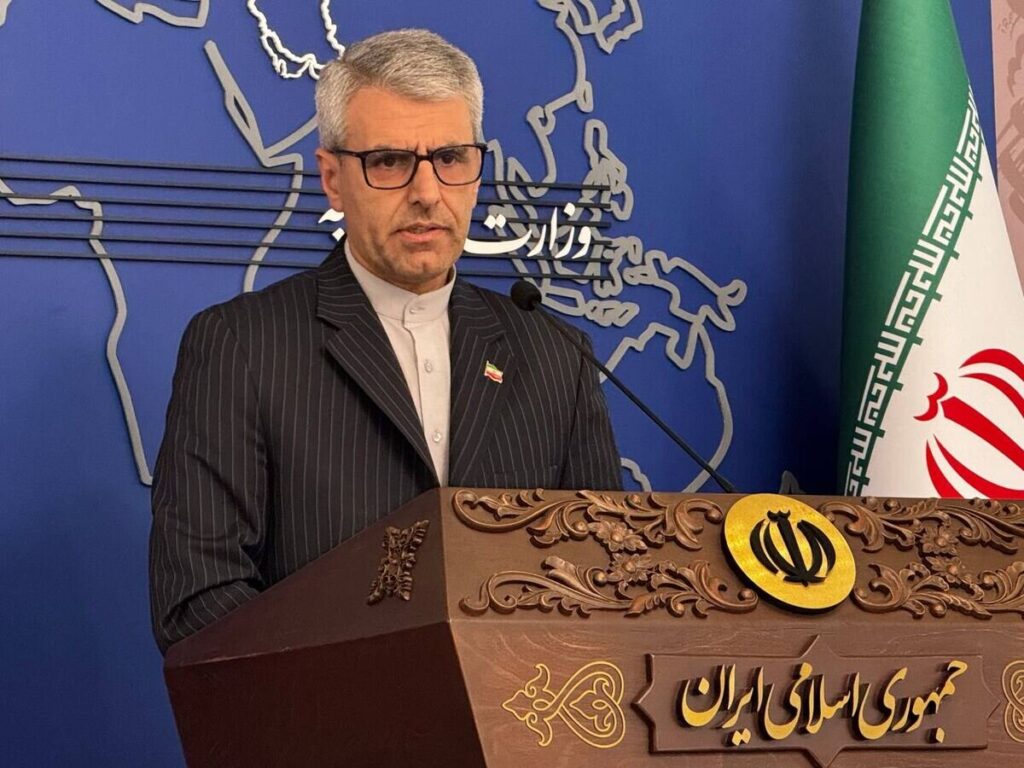Tehran – Iran says Oman was finished when the date and venue for the next round of indirect negotiations are announced between the US.
Iran’s Foreign Ministry spokesman Esmaril Bhagihai said on Tuesday that the final day has not been confirmed in the fourth round talk yet, but Oman proposed to hold a session early next week. “This proposal is under review,” he said in response to a question from the IRNA.
Baghaei added that after logistics was agreed, the formal announcement about the meeting will come from the Omani mediator.
He reiterated that Iran is still committed to diplomacy as a tool for achieving legal and legal national interests, particularly as a tool he describes as “illegal economic sanctions targeting the human rights and welfare of all Iranians.”
The proposed fourth round negotiations follow a series of indirect debates between Tehran and Washington, which began in Muscat and later continued in Rome, mediated by Oman. The previous session was held on April 25th and was led by Iranian Foreign Minister Abbas Aragci and US President Donald Trump’s envoy on the Middle East issue.
Originally, the fourth round was scheduled for Saturday, May 3rd in Rome. However, Baghaei confirmed on April 30 that the meeting was postponed following a proposal by the Omani Foreign Minister. A new date will be announced soon.
In Washington, Witkoff put on an optimistic tone, describing the process as “some advancement.” Speaking to reporters on Tuesday, he said, “I hope it’s moving in the right direction. The president hopes it’s diplomatically settled if possible, so he’s doing everything he can to get it.” He cited US President Trump as a possible reason to delay US tours in Saudi Arabia, the United Arab Emirates and Qatar, but did not rule out consultations that will resume over the weekend.
But Witkov also repeatedly took Washington’s stance: “Iran would not have nuclear weapons” – claiming that Tehran was repeatedly dismissed as unfounded. The Islamic Republic has cited both religious ordinances and international law, claiming that it has never pursued nuclear weapons and has no intention of pursuing them. Its nuclear program is consistently monitored by the International Atomic Energy Agency (IAEA), which has not found evidence of weaponization.
Iranian officials, including Baghey, have argued that they must focus on peaceful use of nuclear energy and the unconditional removal of US sanctions. Tehran firmly rejects attempts to expand the scope of negotiations to include issues such as missile programs and the presence of regions, calling such requests unacceptable.
“Iran has entered into these negotiations with good intentions,” Baghhai emphasized. “We defined a clear framework based on a principled position under international law, particularly regarding peaceful nuclear energy. Our team has demonstrated the seriousness and determination to reach a fair, rational and sustainable understanding.”

